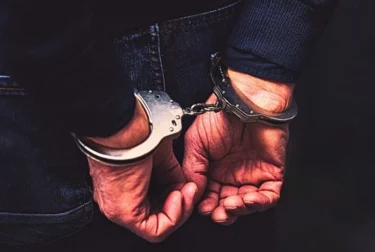Minnesota has strict laws and heavy penalties for drug traffickers, making them some of the harshest in the country.
Table of Contents
Know the Facts on Drug Trafficking
Law enforcement is cracking down on arrests for drug traffickers, especially for the possession, distribution, and sale of heroin and methamphetamines. The sale of heroin and methamphetamines is big business in Minnesota, and the use of these drugs in the state has reached epidemic proportions. Minnesota officials are committed to arresting drug traffickers and putting them behind bars to get them off the streets.
In 2017, 41 people were indicted for drug trafficking with a multi-state drug trafficking ring operating in Minnesota, North Dakota, and other states. Drugs including heroin, oxycodone, and opioid prescription painkillers were being trafficked to Native Americans. Minnesota law and drug enforcement officials seized over $1 million in illegal drugs during a drug trafficking bust.
In 2018, the Cannon River Drug and Violent Offender Task Force made the single largest meth bust in Minnesota history when they seized over 170 pounds of methamphetamines. Four men were arrested and charged in Hennepin County District Court.
Penalties for drug trafficking in Minnesota depend on three factors:
The Number of Drugs
In Minnesota, possession of the minimum amount of a drug can be considered drug trafficking by law. Minimum possession includes:
- 25 grams or more of heroin, methamphetamine, or cocaine
- 100 grams or more of marijuana
- 500 grams or more of any narcotic drug besides heroin, methamphetamine, or cocaine
- 500 grams or 500 dosage units of amphetamine, hallucinogen, or phencyclidine
Possession of controlled substances is punishable by up to $1 million in fines, 30 years in prison, or both. If drugs are trafficked across state lines, penalties jump to up to $1,250,000 in fines and up to 35 years in prison.
Federal Charges
When drugs are trafficked across state lines or involve trafficking in more than one state, a person can face both state and federal charges. Penalties for federal drug trafficking charges can be as much as $5 million in fines and 5 to 40 years in prison.
Knowledge of Drugs
Minnesota laws for drug trafficking require intentional knowledge of drug possession and distribution. If a person has no knowledge of drugs found in his/her possession, he/she can’t be convicted on drug trafficking charges.





